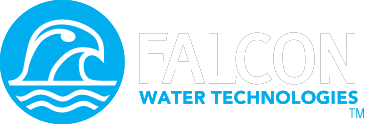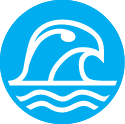LOS ANGELES, September 1, 2015 – Falcon Waterfree Technologies announced today that Liam Dow has joined the company at its Los Angeles headquarters as Falcon’s Governmental Affairs Coordinator, responsible for managing government data and working with government entities towards water conservation in key markets with initial focus on the California drought situation.
Falcon Waterfree is the global leader in manufacturing and distribution of waterless urinals. Falcon has offices throughout the world and affiliates in over 50 countries, including marketing partnerships with some of the world’s best known urinal and washroom products manufacturers such as Sloan Valve Company, Bobrick Washroom Equipment, Caesar Vietnam, Corona (aka Compañia Colombiana de Ceramica), Ideal Standard, INAX, Vitra and others.
Liam Dow recently completed the Coro Fellowship program in public affairs where he received hands-on, collaborative learning in public, private, and nonprofit settings. During his time in Coro, he worked for Los Angeles City Council District 13, the Los Angeles City Controller, MWH, United Farm Workers Foundation, Yellow Cab, and the California Community Foundation. His training and experiences were focused on working across traditional boundaries to tackle complex social, economic, and political challenges. Prior to Coro, Liam served as Student Body President at UC Riverside. In this capacity, he was appointed to the Chancellor’s Cabinet and multiple Search Advisory Committees. Liam’s Involvement includes work with University Advancement and for a urban sustainable agriculture non-profit based in San Francisco. Liam lives in East LA and enjoys playing soccer on the weekend.
“Liam Dow brings tenacity and passion for change to our team and the industry. His background is truly exemplary in his ability to tackle complex socio-economic and environmental issues. We could not be more excited to have him join our team. ” stated Simon A. Davis, President and CEO of Falcon.
“I am delighted to join such a dynamic and innovative company. Falcon has created tools that empower people to take meaningful actions towards sustainability. I can’t wait to start working with governments, businesses, and communities to achieve significant water savings,” added Liam.
About Falcon Waterfree Technologies
Founded in 2000, Los Angeles-based Falcon Waterfree Technologies is the sustainability and technology leader in the development of water conservation solutions for the commercial restroom.












